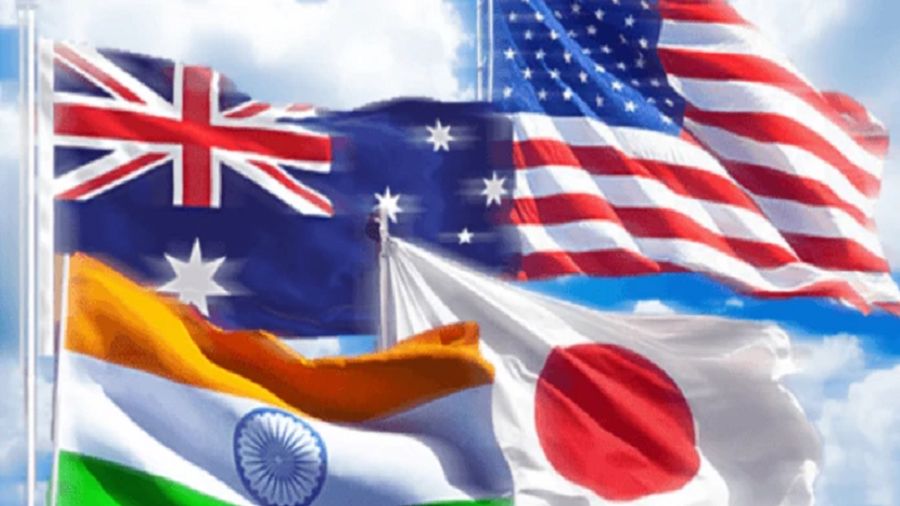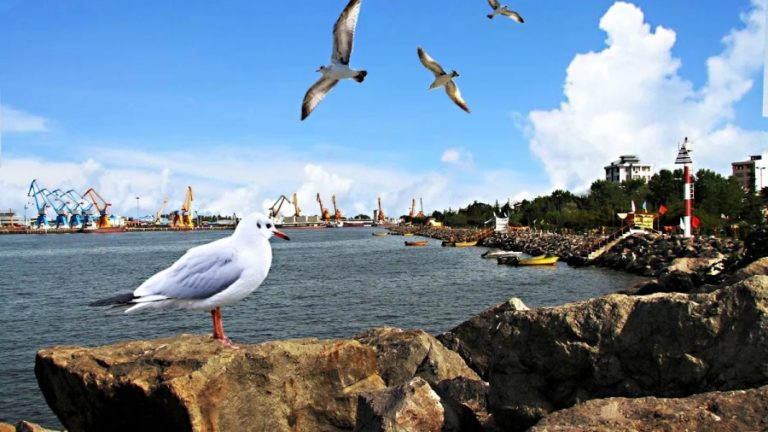Moscow Sent a Strong Signal to India by Condemning the Quad as Anti-Russian
India doesn’t have any anti-Russian intentions and is even remaining loyal to its S-400 air defense deal with Moscow despite Washington’s sanctions threats. Nevertheless, Patrushev considers the bloc that it’s part of to be a regionally destabilizing force whose overall impact negatively affects Russian interests.
Russian Security Council chief Nikolai Patrushev condemned the Quad as anti-Russian in a recent interview. He also described it as “an Asian NATO prototype” that pursues anti-Chinese policies too. This was a strong signal to India, which joined that emerging US-led military alliance due to its members’ shared intent to contain China. India doesn’t have any anti-Russian intentions though and is even remaining loyal to its S-400 air defense deal with Moscow despite Washington’s sanctions threats. Nevertheless, Patrushev considers the bloc that it’s part of to be a regionally destabilizing force whose overall impact negatively affects Russian interests.
The timing of his remarks is also significant since it comes ahead of the Quad’s first-ever in-person summit on 24 September. Patrushev is also probably aware of how uncomfortable India has become after being left out of the new Australia-UK-US (AUKUS) trilateral military alliance. New Delhi shares those countries desire to contain China and thought that it could play a leading role in this respect only to be kept in the dark during this bloc’s secret negotiation process. With this in mind, Patrushev is hoping to encourage his country’s special and privileged strategic partner to reconsider its participation in such US-led attempts.
The ideal scenario would be for Moscow to mediate a rapprochement between New Delhi and Beijing, though that might not happen due to their deep differences over sensitive issues. These include their disputed frontier, India’s controversial revocation of Article 370 in August 2019, its subsequent publication of a map laying claim to Chinese-administered Aksai Chin, warmongering comments from its officials, and New Delhi’s last-minute decision to remain outside of last year’s Regional Comprehensive Economic Partnership (RCEP), among many others. Even Russia’s world-class diplomats can’t realistically bridge all of these very serious differences.
Rather, the most practical outcome that Russia likely hopes for is that India will reach an unofficial “non-aggression pact” with China for responsibly managing these disputes across an extended period of time. During the interim, they can seek to “normalize” their relations as much as they can considering these unresolved issues. The path to this scenario is only possible if India no longer attempts to militarily contain China in the aggressive way that it’s thus far done through the US-led Quad. By continuing to do so, it risks destabilizing Eurasia and therefore worsening the overall strategic situation for Russia.
Patrushev doesn’t expect the Chinese-Indian rivalry to disappear overnight, which is why Russia aspires to remain the South Asian state’s top military partner in order to help it balance the People’s Republic. In practice, this takes the form of their trusted military cooperation on sensitive technologies such as the S-400 deal and their joint collaboration on the Brahmos supersonic cruise missiles which they plan to export to the Philippines and potentially other regional countries that are in fierce territorial disputes with China. If countries like India are going to keep balancing China, then Russia prefers for them to receive relevant wares from it, not the US.
The reason for this is that Russia’s “military diplomacy” seeks to maintain the balance of power between its various partners, quite a few of whom are rivals of one another such as Armenia & Azerbaijan, China & India, China & Vietnam, and Iran & Saudi Arabia. By contrast, the US seeks to tip the balance of power in favor of its preferred partner with the expectation that this will encourage them to behave aggressively against their rival. The American method of “military diplomacy” is therefore aggressively intentioned and aims to dangerously disrupt regional balances whereas the Russian method is predicated on defense and retaining such balances.
India can therefore responsibly manage its rivalry with China by relying more on Russia than on the West. Continuing to participate in the Quad will only worsen Eurasia’s US-provoked security crisis and could potentially lead to unpredictable consequences up to and including another border war with China. India’s relevant needs can therefore be met by Russia, which will help it balance China without any serious risks to regional stability. The South Asian state should therefore take Patrushev’s condemnation of the Quad as anti-Russian very seriously and thus reconsider the wisdom of remaining within this US-led military alliance.







